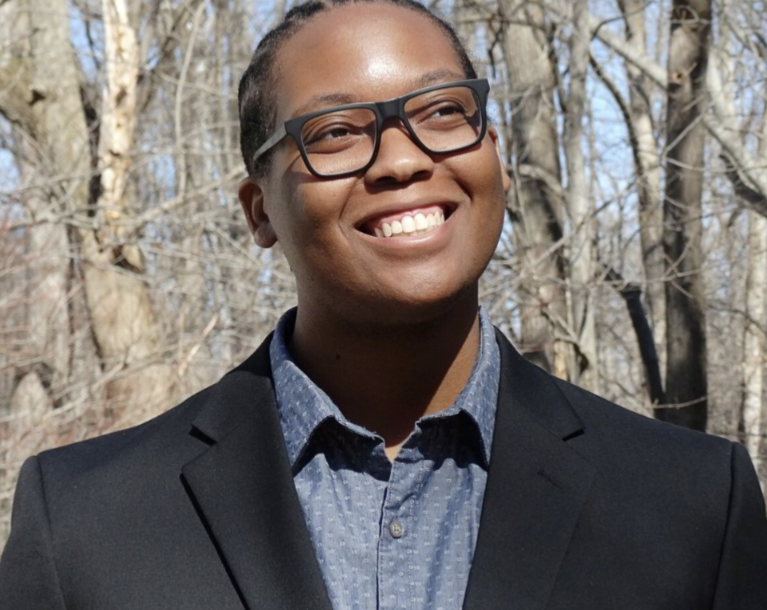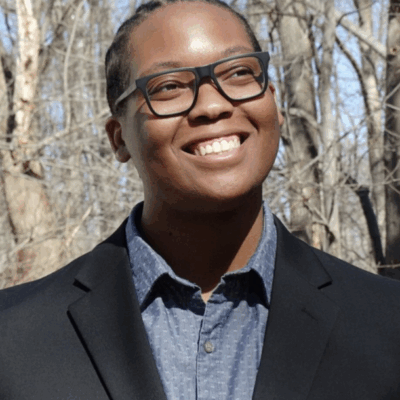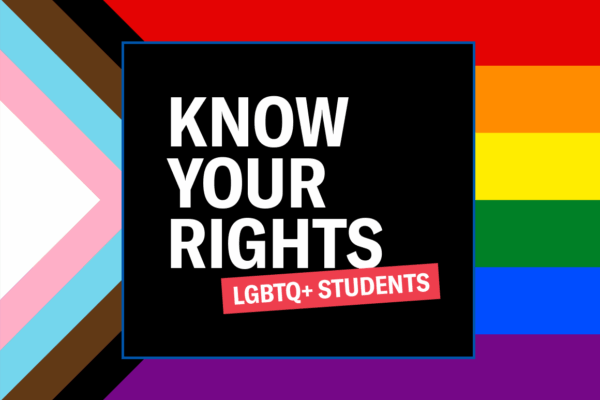If these books are banned, how will children otherwise identify problems in their own lives, such as sexual abuse, manipulation, bullying and other dangers?

I’ve worked with people as young as 12 and as old as 70, from diverse backgrounds and with different stories. They’ve faced hate crimes, abuse and family turmoil. Books that tell similar stories validate children’s identities and experiences and speak on how to overcome the pain and chaos. If these books are banned, how will children otherwise identify problems in their own lives, such as sexual abuse, manipulation, bullying and other dangers?
Children who identify as LGBTQ+, marginalized groups, or Black, Indigenous or as a person of color (BIPOC) use books to find characters like themselves who share common traits, sexualities, cultures, languages, obstacles and identities. As a mentor, I see a spark in people’s eyes and a sense of confidence when a book I’ve recommended shows they are not alone in this world.
Book bans damage the mental health of BIPOC and LGBTQ+ children, causing them to feel ostracized, depressed and disengaged. Across the country, books have been banned for allegedly being sexually explicit, mature in content and ideologically disagreeable, without consideration of the books’ literary value to our culture and people’s lived experiences. This push has coincided with increasing attacks on Black, LGBTQ+ and other people of color and women-centered representation in media and literature. Books by authors, Toni Morrison, Ellen Hopkins, George M. Johnson, and Mark Twain, have faced the most challenges.
In Carroll County, the local Moms for Liberty chapter has pushed for banning of books they claim contain “graphic sex or rape.” They believe their parental rights should trump the expertise of librarians and educators, as well as other parents’ opinions on what school children should be able to access.
Their reckless allegations about supposedly sexually explicit material cause books to be immediately removed, even though their claims are often rejected as insufficient.



